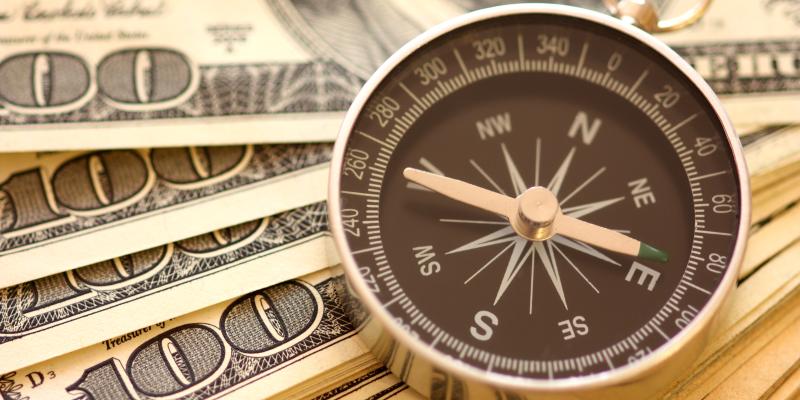
During these uncertain times, many citizens are being forced to take a hard look at their finances to make sure they can weather the COVID-19 (coronavirus) pandemic that has many people and families stuck at home. This Financial Literacy Month, we are focused on providing financial tips to help North Carolinians maintain and protect their finances. Read on to learn how to prioritize your finances.
Put Your Fixed Expenses First
The most important priority are your fixed expenses. These expenses don’t change based on your behavior, spending or income and are mostly focused on your household needs. Examples of fixed expenses are:
- Your mortgage or rent payment
- Utility bills including internet and phone bills
- Car payments
Staying on top of these payments is important, since they directly contribute to your livelihood. While much of the workforce is unemployed due to the Coronavirus pandemic, many citizens may find some relief from the federal Coronavirus Aid, Relief and Economic Security Act (CARES Act) which states that “lenders of mortgages backed by federal agencies, Freddie Mac or Fannie Mae may not execute foreclosures for 60 days starting March 18.”
Pause Your Discretionary Spending
Fortunately, you can control some aspects of your spending. If you’ve been meaning to get a handle on your discretionary spending this might be a great time to take stock of the things that you spend money on that you don’t really need. With stay-at-home requirements, many businesses are closed, which can help curb your instincts to spend. This could be the perfect time to consider what you can cut back on even once businesses begin opening back up, including items like:
- Can you cut the cable cord and opt for using streaming services only?
- Can you brush up on your cooking chops and focus on making more meals at home?
- Is your family able to enjoy more activities inside your home rather than costly outings?
- Are you able to rely on free or less expensive entertainment, like streaming movies instead of going to a theater, making your own coffee at home, enjoying phone calls with loved ones and friends rather than going to a restaurant or even read free books from the library rather than spend on other forms of entertainment?
Taking stock of your habits can help you figure out what really means the most to you, and what you can comfortably cut to save for other priorities.
Pay Your Debt
Debt may seem insurmountable, but it may help to look at it like working toward a raise. For example, if you are paying $200 per month toward your car payment, paying off that car means you will no longer have that $200 payment to make. You can use that $200 toward other expenses or even toward creating an emergency fund or funding your retirement or other long-term savings goals. Paying off debt also means that you will avoid interest charges and that your monthly bills will decrease overall.
Set Up an Emergency Fund
With stay-at-home orders and market volatility, setting up an emergency fund or adding to an existing one is more important than ever. After all, just because many things have ground to a halt around us doesn’t mean that emergencies have stopped. Having an emergency fund is a great way to prepare for the unexpected, so when something happens out of the blue, you have the funds to cover it without dipping into your savings for other financial goals or going further into debt. If you don’t have an emergency fund, start saving a little bit each month until you reach $1,000. Once you reach that milestone, continue saving as you are able. The Federal Reserve fond that 40% of Americans wouldn’t be able to cover a $400 unexpected expense—so make sure you don’t become part of that statistic.
This Financial Literacy Month, make organizing your finances a priority. For more financial literacy tips, visit Money Management International, formerly FinancialLiteracyMonth.org. Stay tuned for more Financial Literacy Month content all month long at www.HousingBuildsNC.com.